YaHuWaH
The Name Above
All Names


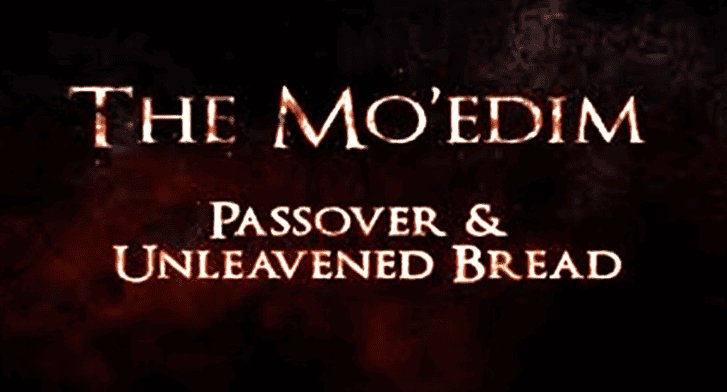
Pesach or Passover, Matzah or Unleavened Bread, and Bikkurim or First Fruits are the first of YaHuWaH's appointed times laid out in scripture and take place in the first month of the year.
Leviticus Chapter 23 Verses 4 - 8
"These are the appointed times of YaHuWaH, set-apart gatherings which you are to proclaim at their appointed times. In the first new moon (month), on the fourteenth day of the new moon between the evenings, is the Pesach (Passover) to YaHuWaH. And on the fifteenth day of this new moon is the Festival of Matzah (Unleavened Bread) to YaHuWaH; seven days you eat unleavened bread. On the first day you have a set-apart gathering; you do no servile work... ...on the seventh day is a set-apart gathering; you do no servile work."
Passover and Unleavened Bread commemorate YaHuWaH's deliverance of the children of Israel as slaves out of Egypt. YaHuWaH sent Moses to confront Pharaoh of Egypt with the message. "Let my people g o", accompanied with signs, wonders, miracles, and a series of plagues to confirm His will. However, Pharaoh's heart was continually hardened, and he continually refused. After the 9th plague, YaHuWaH told Moses to tell His people to prepare and slaughter a lamb "without blemish", to eat it, and to cover the lintels and doorposts of their homes with the blood of the unblemished lamb – Exodus 12:5.
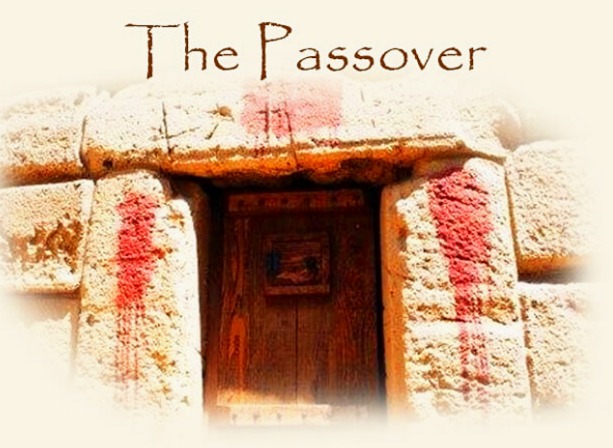
Exodus Chapter 12 Verses 12 -13
"And I shall pass through the land of Mitsrayim (Egypt) on that night and shall strike all the firstborn in the land of Egypt, both man and beast. And on all the mighty ones of Egypt I shall execute judgement: I am YaHuWaH. And the blood shall be a sign for you on the houses where you are. And when I see the blood, I shall p
ass over you; and let the plague not come on you to destroy you when I strike the land of Egypt
."
That night at midnight, YaHuWaH's angel of death struck down all the firstborn in Egypt—including Pharaoh’s own son—but 'passed over' the homes that had the lamb’s blood applied to the doorframes as He had instructed. After this Pharaoh finally let the Israelites go. This was the final plague that delivered the Israelites from bondage in Egypt. To remember His deliverance, YaHuWaH declared:
Exodus Chapter 12 Verse 14 - 17
"This day shall become to you a remembrance. And you shall celebrate it as a festival to YaHuWaH throughout your generations – celebrate it as a festival, an everlasting law. Seven days you shall eat unleavened bread. Indeed, on the first day you cause leaven to cease from your houses. For whoever eats leavened bread from the first day until the seventh day, that being shall be cut off from Israel. And on the first day is a set-apart gathering, and on the seventh day you have a set-apart gathering. No work at all is done on them; only that which is eaten by every being, that alone is prepared by you. And you shall guard the Festival of Matzah (Unleavened Bread), for on this same day I brought your divisions out of the land of Mitsrayim (Egypt). And you shall guard this day throughout your generations, an everlasting law."
According to the Scriptures in Leviticus Chapter 23, Deuteronomy 16, and Exodus Chapter 12, we have two set-apart days to meet with YaHuWaH—His appointed times. The first is after Passover on the first day of Unleavened Bread, followed by the seventh day of Unleavened Bread. No work is to be done on these designated days.
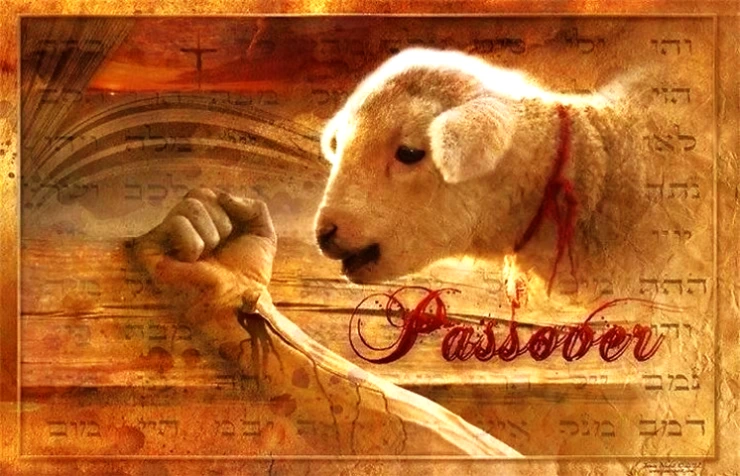
We can see the fulfilmen
t and symbolism of Passover and Unleavened Bread through our Messiah. Yahushua lived a perfect and sinless life. He showed loving kindness to those in need and boldly challenged the false teachings of the religious authorities who collaborated with the political authorities to crucify Him on Passover.
Through laying down His life and the shedding of His blood at this precise moment of YaHuWaH's appointed time, Yahushua became our ultimate Passover protection. He not only kept the Passover but symbolically became it – Matthew 26:26-27. We should honour this day of the Passover and observe the feast of Unleavened Bread in remembrance of Yahushua and of the Exodus of Israelites out of slavery in Egypt.
He was buried during Unleavened Bread, without the 'yeast' of sin in His life, and rose again on the third day. When we choose to come into covenant with YaHuWaH and repent, we must turn away from our old ways and remove the leaven of sin and hypocrisy from our lives. This was the exact message Yahushua came with; it was the message of repentance for the forgiveness of sin s.
Luke Chapter 24 Verses 45 - 47
"Then He (Yahushua) opened their minds to understand the scriptures and said to them, 'Thus it has been written, and so it was necessary for the Messiah to suffer and rise again from the dead the third day, and that repentance and forgiveness of sins should be proclaimed in His name to all nations, beginning at Jerusalem."
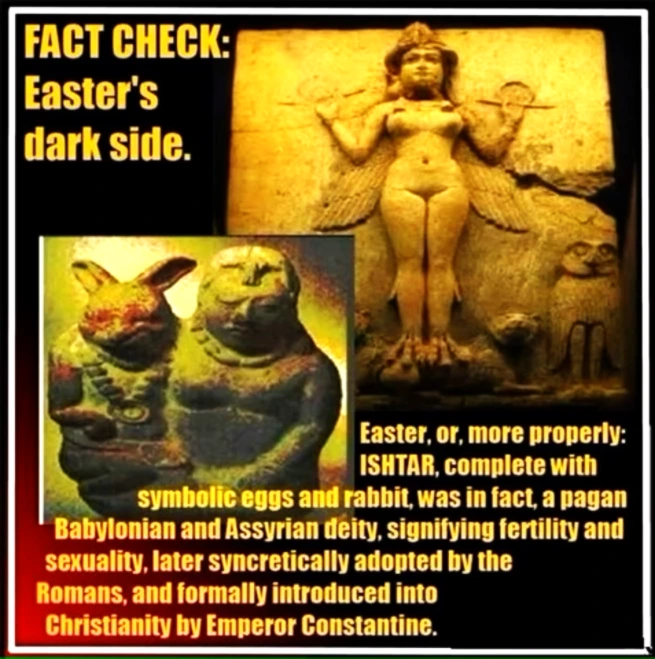
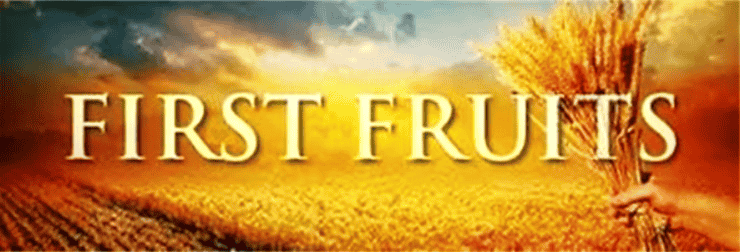
Deuteronomy Chapter 26 Verses 1 - 4
"And it shall be, when you come into the land which Yahuwah your Elohim/God is giving you as an inheritance, and you possess it and dwell in it, that you shall take some of the first of all the fruits of the soil which you bring from your land that Yahuwah is giving you and put it in a basket and go to the place where Yahuwah chooses to make His Name dwell there. And you shall come to the one who is priest in those days and say to him, 'I declare today to Yahuwah that I have come to the land which Yahuwah swore to our fathers to give us.' And the priest shall take the basket from your hand and place it before the altar of Yahuwah your Elohim/God."
The first fruits offering marks the start of the barley harvest. It was presented by the priest on behalf of Yisrael, who could then begin harvesting after purging out the old leaven.
The first fruit offering also includes numerous animal sacrifices, a lamb without blemish, flour and oil (matzah) and a wine offering as eaten in the Passover meal. We will cover animal sacrifices in-depth later on in the miscellaneous section.
We believe it is not a necessity to eat lamb, as not everyone eats meat, and some believers in Yahushua regard Him to be our Passover lamb and therefore do not desire to eat lamb on these feast days. Yahushua wasn't recorded as eating it either. We don't see a problem with that, but there are others who do...
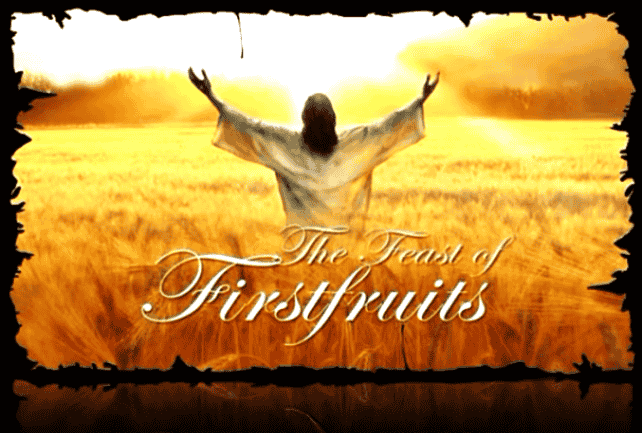
This is just a brief overview of Passover, Unleavened Bread and First Fruits, where we begin to see Yahushua our Messiah fulfil and symbolise these amazing and prophetic feasts and commemorative days.
For further information go to the video page for some great teachings (under reconstruction).